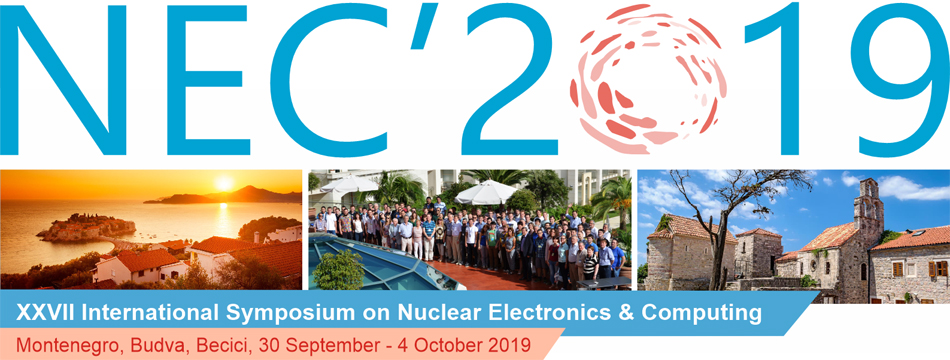Speaker
Mr
Alexey Anisenkov
(BINP)
Description
The Worldwide LHC Computing Grid infrastructure (WLCG) connects together compute and storage resources offered by about 200 computing centers affiliated with research institutes participating in the LHC scientific program. The main mission of such global collaboration is to provide computing and storage capacity to perform petabytes scale data processing and physics analysis. Following increasing demands for processing and storage resources, the experiments complement pledged resources provided by the WLCG infrastructure with opportunistic resources such as cloud platforms, HPC and volunteer computing. They also integrate new data storage technologies. In order to be effectively used all these heterogeneous distributed resources should be well described, configured and integrated with high level experiment oriented middleware applications and frameworks.
This contribution describes a high-level information middleware, the Computing Resource Information Catalog (CRIC) which provides reliable and complete topology and configuration description for a large scale distributed heterogeneous computing infrastructure. The system aims to facilitate distributed computing operations for the LHC experiments and consolidate WLCG topology information. CRIC aggregates information coming from various low-level information sources and complements the topology description with experiment-specific settings required by the LHC experiments in order to exploit computing resources.
Being an experiment-oriented but still experiment-independent information middleware, CRIC offers a generic solution, which can be successfully applied on the global WLCG level, for a particular LHC experiment, for instance, CMS or ATLAS, or even for a special task. The overall plugin-based architecture of CRIC is presented showing how CRIC components could be adopted and customized to serve various needs of a given experiment. The paper also discusses recent developments and ongoing implementation of the universal CRIC solution for the description of generic distributed infrastructure.
Primary author
Mr
Alexey Anisenkov
(BINP)

